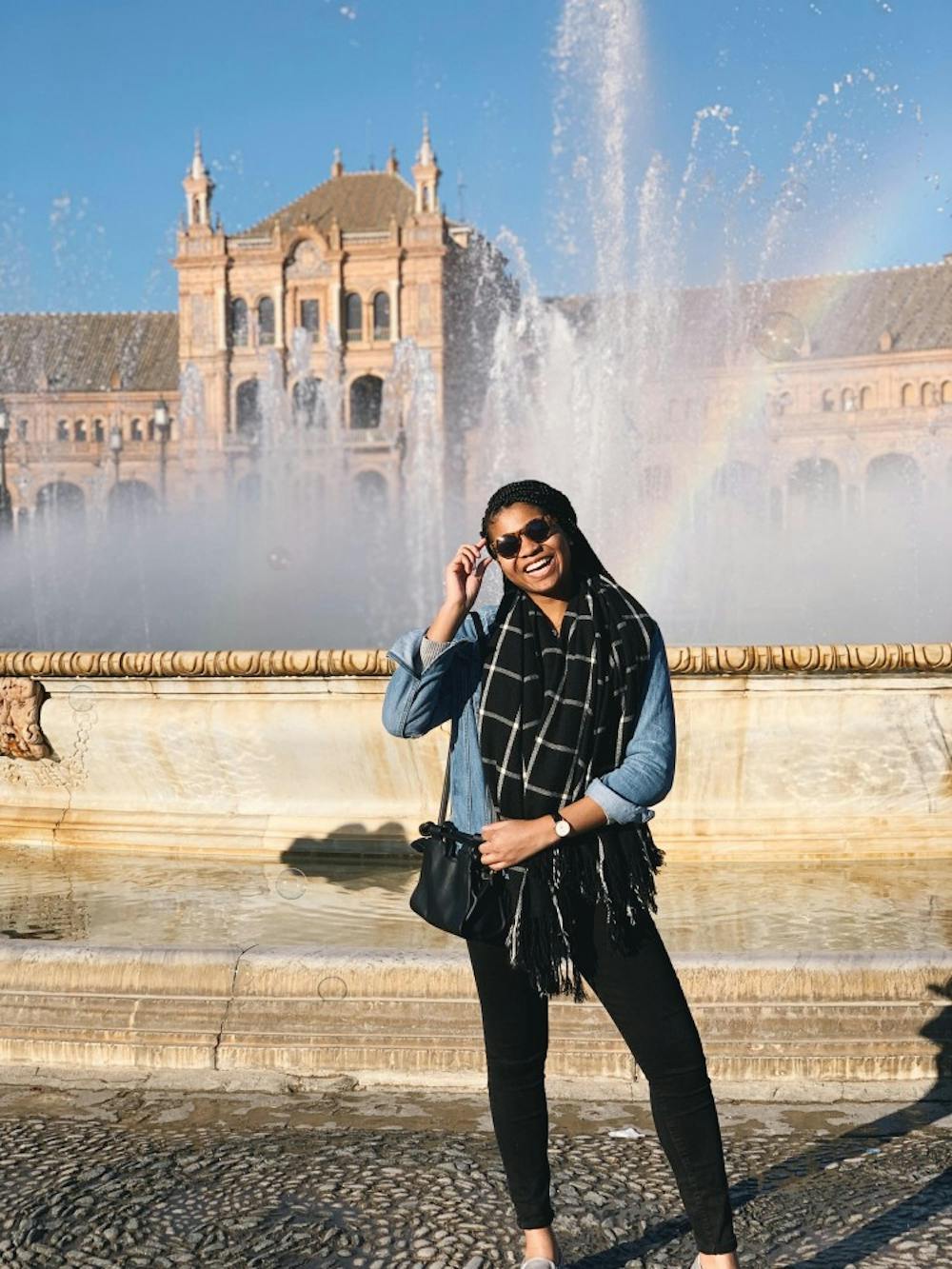At UNC, only 7.9 percent of undergraduates admitted in fall 2018 were Black. Some students have found that the lack of diversity presents hardships when studying abroad.
Black Students Abroad is a group aiming to give students of color an inside look of the untold truths about being Black and traveling abroad. They help students through the application process and the funding process so that more Black students can study abroad.
The initiative was started by senior Elise Richardson, who said she encountered many instances where she felt alone and unsafe because of her skin color during her study abroad trip to South Africa, hosted through Honors Carolina. When she spoke to her advisers about how she was feeling, she said she realized they did not have an idea of how to help her, since that they were white-identifying individuals.
“I realized that a lot of people would probably benefit from having a cohort or community at UNC before they decide to study abroad as a Black student, because a lot of Black students are often terrified to go out of the country for a long period of time," Richardson said.
Richardson said it's helpful for students to have someone to talk to who has also studied abroad and can relate to their experience. Black Students Abroad provides helps students feel prepared and well-informed before going somewhere different for the first time, Richardson said.
“We'll ask them to ask questions they feel they couldn't ask their white peers or advisers for,” Richardson said.
Oftentimes when a Black student goes to study abroad, they are the only Black person in their group on the trip, Richardson said.
The number of people that study abroad has increased in recent years, but minority students are still underrepresented. According to NAFSA, a nonprofit organization dedicated to international education, only 6.1 percent of students that studied abroad were African American or Black, during the 2016-2017 school year, whereas 70.8 percent of the students who studied abroad were white.
Richardson said it is hard to find hair products that are useful for Black people when in other countries. Finding a salon or barbershop is not an easy task, compared to how accessible places are for white people and others with straight hair.



